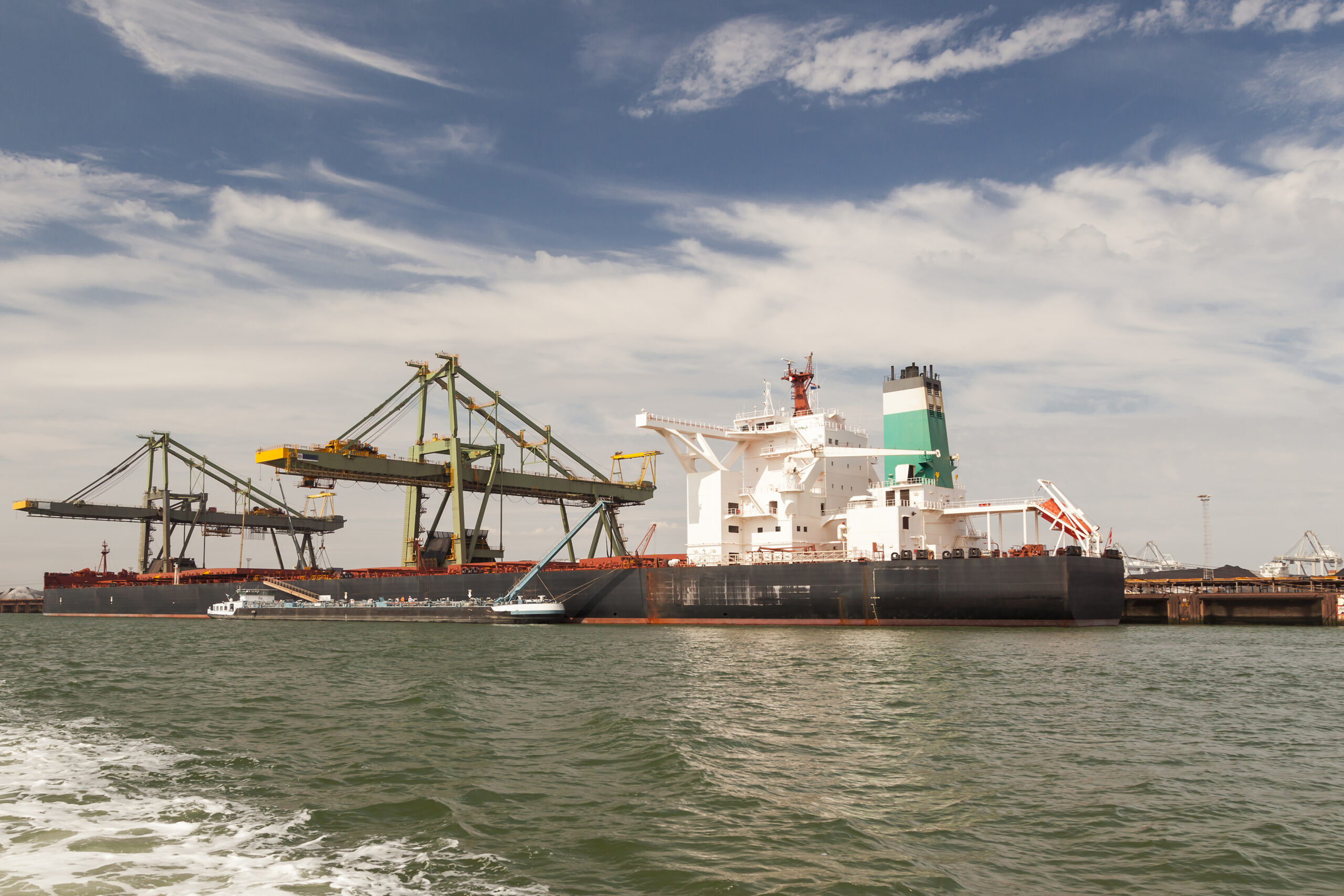Fourteen ships in total said to have suffered some form of damage to auxiliary engines and fuel delivery systems due to fuel contamination. VPS marine decarbonisation advisory firm via it’s fuel testing services, it had identified a marine fuel contamination issue in Houston.
Twelve vessels received the fuel in Houston, whilst two others received it in Singapore. In total four different suppliers delivered the fuel.
VPS discovered and identified Dicyclopentadiene (DCPD) isomers in VLSFO bunker fuel delivered by a single supplier, which led to operational problems initially in eleven vessels. Those ships had suffered operational issues, such as loss of power and propulsion whilst at sea.
By using its GCMS Vacuum distillation methodology, VPS was able to detect and measure the DCPD and its isomers accurately.
In addition to the fourteen vessels suffering damages from burning this fuel, a further 18 vessels who received the contaminated fuel from thirteen additional suppliers, either witnessed no adverse reactions, or simply did not provide any feedback regarding any damages.
In total, 32 vessels received 61,494 metric tonnes of contaminated fuel.
Three vessels de-bunkered the contaminated fuel prior to burning, following a “Caution” result from the VPS Chemical Screening service.
A further three vessels de-bunkered the fuel after suffering initial engine damage from burning the fuel. Whilst another two vessels burnt the fuel in their main engines without issue after switching it from their auxiliary engines, where it had caused operational damage, according to an update by VPS.



